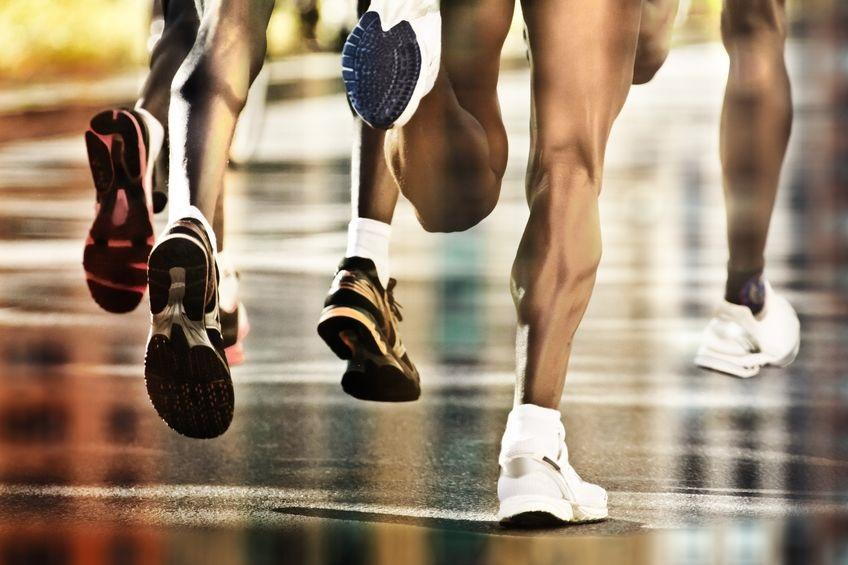The Olympics are ramping up and so are the ads, the excitement and the sportsmanship. People from all over the world are tuning in to see the best of the best compete to be the best in the world at the sport they love. Although it’s too late to become a winter Olympian for this season, there still may be hope for the summer Olympics. Research has found that if you are training to be an Olympic runner, barefoot running may benefit you.
New research has found that when runners who always wear shoes run barefoot, they immediately alter their gait to one that is characteristic of habitual barefoot runners, and also use less oxygen during barefoot running compared to running with shoes at the same speed. This presents a greater running economy which influences distance running and performance.
People who regularly run barefoot have a specific gait that uses mid-foot landings, shorter stride lengths, faster stride rates, and less time in contact with the ground. They are also known to hit the ground with lower impact force and loading rates than runners who land on the rear foot in trainers. This cushions the force of landing, avoiding the discomfort associated with striking the ground heel-first which is common in runners who wear shoes. It also can help prevent overuse injuries from occurring over time.
The results from the research imply that by ditching trainers, runners new to barefoot running adopt a running style similar to experienced barefoot runners and enjoy an immediate benefit to their running results.
Other ways to get Olympic fit
Although it’s nearly impossible to become an Olympic runner overnight, you can start training to become an Olympian as early as tomorrow. If barefoot running isn’t right for you, there are other training options available.
- Invest in proper footwear: not just any shoe is meant for running. Invest in good quality running shoes and replace them every 3 months. High mileage shoes may need to be replaced earlier.
- Practice makes perfect. Be sure to practice every day in order to be in the best possible shape. Over time you will slowly get better.
- Stay hydrated for top performance results.
- Find a coach local to your area. Not only can they give you tips and tricks, but they can also act as a motivator.
While practicing to be an Olympic runner, you may injure yourself, especially if you run barefoot on rough surfaces. Be sure to see a podiatrist right away to treat all wounds and prevent infection. Call Joseph Stuto, DPM of Brooklyn, New York. There Dr. Joseph A. Stuto and Joseph C. Stuto will discuss the pros and cons of barefoot running and treat any open wounds. Call 718-624-7537and make an appointment today.


